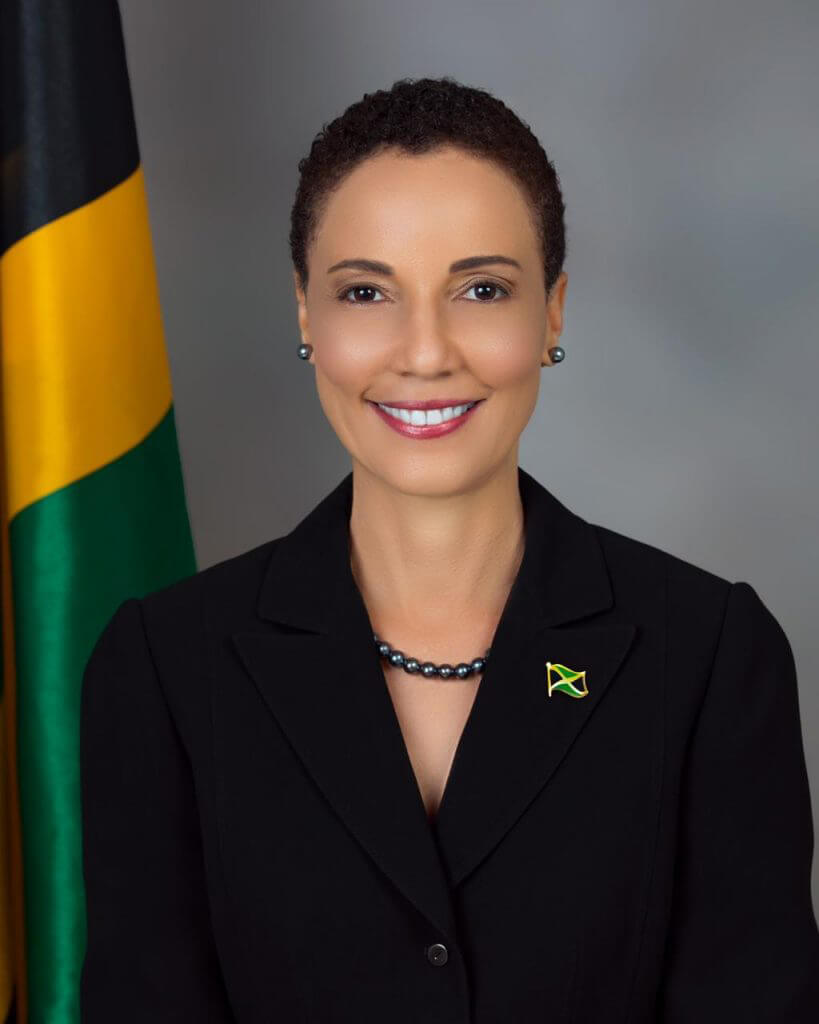Almost a week after the CARICOM-brokered interim Haitian government was sworn in and installed, attention is now turning towards improving the security situation with the transitional presidential council preparing to host a multinational force of troops and police officers from at least seven countries, officials said this week.
Caribbean Community officials have said that they have heard indications from the US and Kenya that a contingent of around 300 Kenyan police personnel could initially be in gang-affected Haiti by the end of May even as there are concerns about military barracks being constructed by the Americans specifically for this purpose not being completed in time.
Troops and police officers are expected from Kenya, Benin, Chad, Jamaica, The Bahamas, Belize and Bangladesh. Suriname has also offered to assist with ‘boots on the ground.’ Some of the Caribbean contingent of about 400 soldiers and policemen recently completed a special training exercise in Jamaica under the direction of the Canadian military and are awaiting orders to deploy. Jamaican Foreign Minister Kamina Johnson Smith says the region would “need financial and equipment support for the larger countries” to make the mission a success.
The US has already pledged about $300 million and Canada $80.5 million. United Nations officials said they are hoping for pledges from a number of other countries to maintain the multinational force. Bahamian Prime Minister Phillip Davis has already said that regional leaders think that nothing short of an annual budget of $600 million would suffice to help stabilize Haiti, ravaged by marauding gangs, raping women pillaging businesses and forcing thousands to feel to less stressed northern cities like Cap Haiten.
As the interim government prepares to elect a president and prime minister from among the nine-member council, even the Pope in Rome chimed in on things Haiti at the weekend.
“We want to invoke the intercession of Mary in the face of the many situations of suffering in the world. I am thinking of Haiti, where the state of emergency is in force and where the population is desperate because of the collapse of the health system, the shortage of food and the violence which pushes people to flee. We entrust to the Lord the work and decisions of the new presidential transitional council so that, with the renewed support of the international community, it can lead the country to achieve the peace and stability it so desperately needs,” he said.
US news outlet Politico reported this week that a US base being built to house the foreign troops and police officers is behind schedule and won’t be ready in time for planned deployment in about three weeks but Kenyan President William Ruto is slated to be in the US just around the time the first set of troops should be arriving. Caricom officials say that the visit should iron out any hiccups about accommodation and deployment.
Meanwhile, The Bahamian government says it has no plans to send Bahamian troops that would not be sent into actual combat. “Do you think in your wildest imagination The Bahamas government is going to send troops from The Bahamas into a danger zone, where they’re going to be in a killing field? That can’t happen. It’s impossible, but the country has international obligations which it has to carry out,” Foreign Minister Fred Mitchell said in parliament on Monday as he replied to remarks from the opposition.
“It is sensible for us to have a policy to know what is going on in Haiti and to influence what is going on there. It’s our neighborhood, and just like we’d be looking over the fence at our neighbor next door, we’re doing the same thing, except it’s a nation.”


























